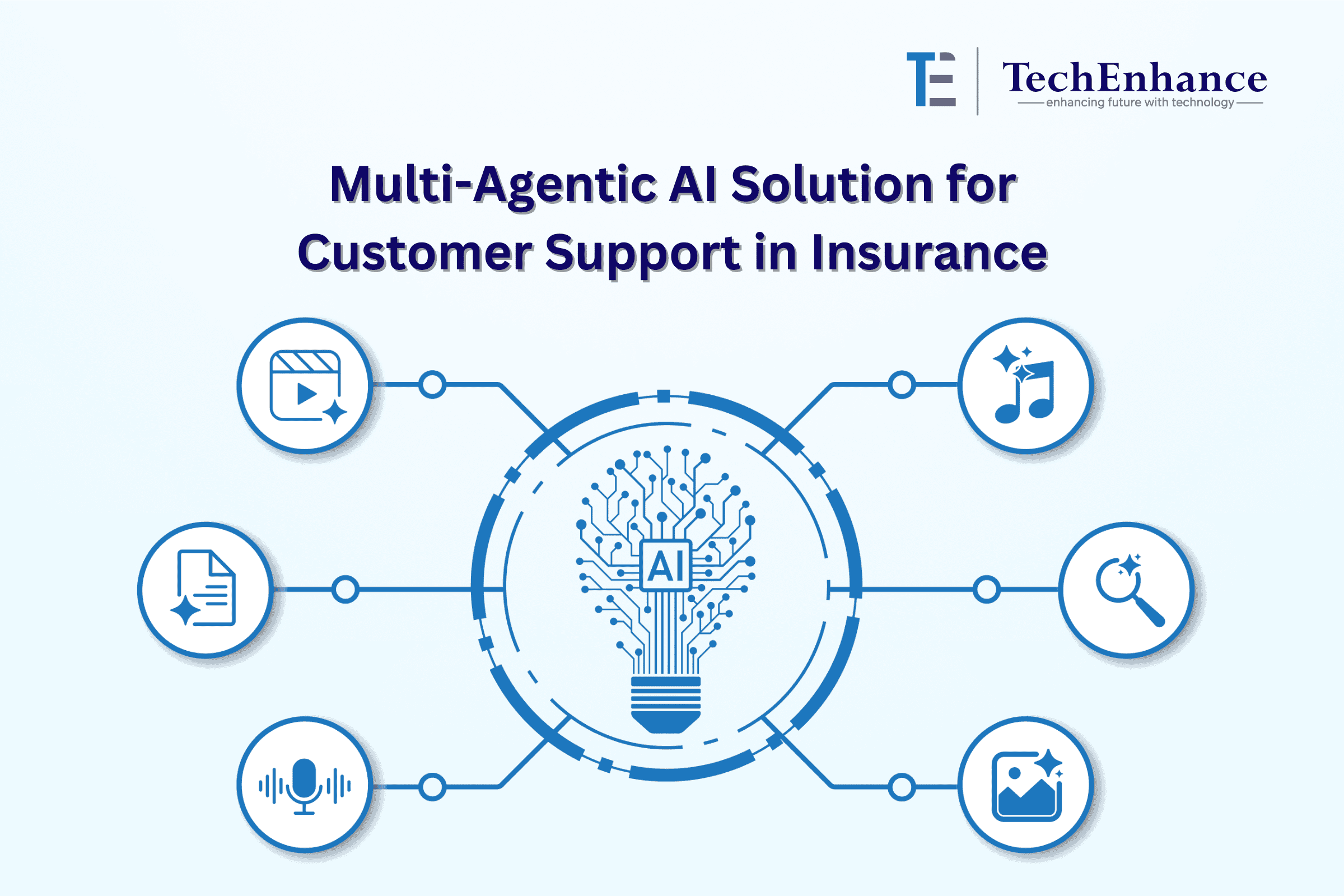8 DevOps Tools That Can Transform IT Businesses Positively!
- January 7, 2024

According to a Deloitte report, intelligent automation of business operations can reduce business operations costs by 25-40% on average. A huge reason to use DevOps tools!
Businesses lose crores of rupees each year due to redundant and manual business operations. Manual tasks largely impact team efficiency. They keep executives occupied with trivial tasks, and reduce delivery speed. This is where DevOps steps in. DevOps is a technology that connects your Development team to your operations team. This is achieved through simplified workflows. Adopting DevOps can make your team agile and efficient by enhancing collaboration.
In this article, we will be learning about some of the best DevOps tools used in DevOps lifecycle. Keep reading to learn more about DevOps Technologies.
What is The Use of DevOps Tools?
DevOps tools allow the software development (Dev) and IT Operations (Ops) teams to connect and collaborate efficiently. Different DevOps tools serve different purposes throughout the DevOps lifecycle. But their primary functions revolve around the core features of DevOps, which include:
1. Automation:
DevOps helps teams automate manual tasks to save time, reduce errors, and increase efficiency.
2. Collaboration:
DevOps Tools for Workflows also focus on increasing team collaboration and communication.
3. CI/CD (Continuous Integration and Continuous Deployment):
CI/CD pipelines can be automated with the help of DevOps Techniques. The code changes are automatically included, tested, and implemented.
4. Infrastructure as Code (IaC)
Teams can manage infrastructure configuration using code. This is because DevOps allows them to treat Infrastructure as a code.
5. Monitoring & Feedback
Get real-time insights into the health of your application, monitor performance, and improve as per feedback.
6. Flexibility & Scalability
With increased efficiency comes flexibility and the ability to scale. DevOps facilitates the growth of a business.
In the following sections, we will be learning about some of the best DevOps tools for DevOps adoption. We will also compare the more holistic DevOps tools together. The comparison can help you choose the best one for your business.
Which are The Best DevOps Tools?
There are many DevOps tools in the market that participate in the DevOps lifecycle. A few of them provide holistic solutions and are preferred over others. Let’s take a look at some of these DevOps tools:
1. Jenkins
Jenkins is like your reliable assistant that handles repetitive tasks for you. It also ensures that your code is seamlessly integrated. Jenkins is an open-source service that automates processes like building, testing, and deployment. It serves as a CI/CD tool. It helps your team find and fix issues in the early development process.
2. Ansible
Ansible simplifies configuration and automates various tasks across the Infrastructure. It is also an open-source automation tool like Jenkins. It helps you define and manage your Infrastructure as a code. Another feature of Ansible is the elimination of manual errors. Ansible automates repetitive tasks like installation and updates reducing chances of errors. Ansible helps teams work smarter and strategically.
3. Docker
More than a DevOps tool, Docker is a prerequisite to DevOps. It segments your application into units called containers. These containers are easy to ship and have all the necessary DevOps tools required to deploy the code they carry. In other words, Docker is a containerization platform. It helps developers pack their applications into containers. Docker ensures consistency, enhances collaboration, and accelerates software delivery.
4. Kubernetes
Kubernetes is a counterpart of Docker. Another open-source platform like many of its peers, it is a container orchestration platform. Kubernetes helps you manage the containers you create with Docker. It deployment and enhances the scalability of containerized applications. Teams adopt Kubernetes for the benefits surrounding resource utilization.
5. GitHub
GitHub is a virtual room for your team where they can collaborate, track progress, and work seamlessly with various versions of the code. It is a web-based platform that is mainly used for version control. This means if, at some stage of the development, you believe an older version of the code is more stable, GitHub helps you return to it. It provides you with features like pull requests, code reviews, and issue tracking to enhance collaboration.
6. Prometheus
Prometheus is more of a monitoring system. It warns you of any potential issues before they become too big to deal with. Like its counterparts, Prometheus is also an open-source monitoring system. It is used to enhance reliability. Pcan be great for smaller teams. It can help them troubleshoot issues at the time of development, saving them time at the testing stage of the life cycle.
7. Terraform
Terraform makes infrastructure building and management easy. It is an open-source infrastructure as code (IaC) tool that allows teams to create and modify the Infrastructure easily. The tool allows them to work with the previous versions of the Infrastructure. It simplifies infrastructures for young startups. Terraform also helps avoid manual configuration errors and inconsistencies.
8. Jira
Jira DevOps is a central hub for your team where they can manage ongoing projects, track issues, and collaborate. It is a project-management tool that is very popular among IT enterprises. It helps you track, plan, and manage development work in an efficient manner. Jira’s biggest strengths are project visibility, enhanced communication, and streamlined workflows.
These were some of the DevOps tools that stand out among the rest of the market. But which of these is the best and why? Let’s learn in the following sections.
Comparison: Which DevOps Tools Are the Best?
The best DevOps tool for your business will depend largely on your business needs. Do you want something holistic? Or do you want to increase the efficiency of the current system in place? You need to know the answers to these questions before choosing the best DevOps tool for your business.
DevOps Tools That Cater to Fundamental Needs of a Business
When we think of the best tools in DevOps, four of them shine the brightest- Docker, Kubernetes, Jira, and Terraform. Let’s tabulate the differences between them to understand their roles better.
How to choose the right DevOps technology for your business?
Choosing the right DevOps technology for a business is influenced by the needs of the business. To incorporate DevOps into the entire development lifecycle, you will require a combination of multiple tools. This combination should be able to support the development of your software from start to finish. The goal is to streamline the workflow in a way that is efficient, fast, and agile.
Get Started on Your DevOps Journey!
Ready to adopt DevOps in your business but don’t know how to get started? Worry no more. Techenhance’s Top DevOps Consultants can help you with end-to-end DevOps migration.
Streamline your internal workflows and optimize your business for efficiency with the best DevOps Tools out there. Book a free call with our DevOps Consultants Today!


